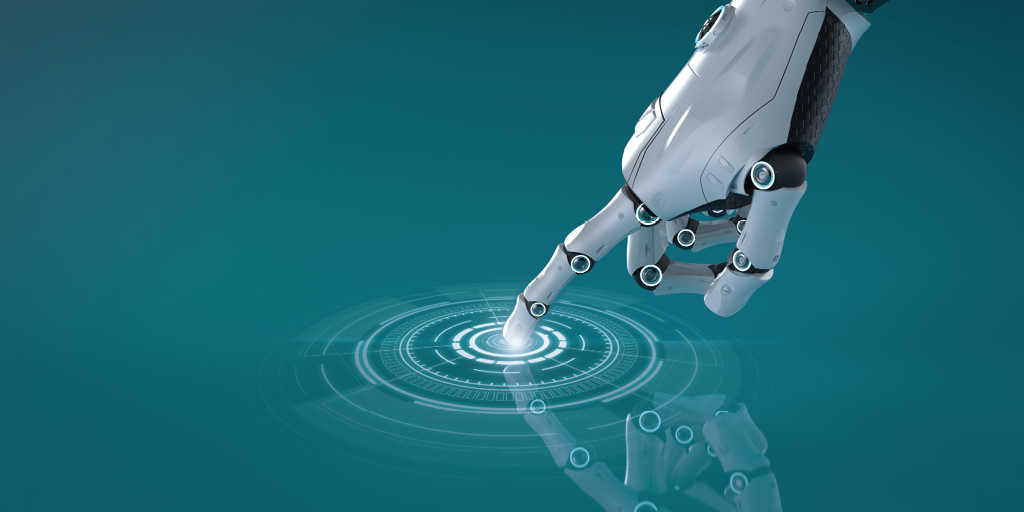
Artificial intelligence (AI) has started to make an impact in so many areas and everyone in the IT media is talking about it.
AI is developing rapidly and can now perform increasingly complex tasks.
Here’s one of the questions that AI raises: Can it create?
This article is part of a series on AI and how it affects copyright and intellectual property (IP).
- See also: What is AI?
Thinking about AI as a creator
Starting in 2014, some AI systems succeeded in creating original visual art. To make that possible, the programmers fed existing artworks into the AI so it could "understand" how to create new ones.
Since then, all kinds of works have been created with the help of AI. In 2018, the Edmont de Belamy painting was generated through the use of AI by the arts collective Obvious. The work was then auctioned by Christie’s for US$432,500.
In 2019, a programmer managed to create an app called Endel that was able to generate hundreds of songs... with a single click. The app even has a record deal with Warner Music Group!
In short, there’s no longer any doubt that AI is capable of creating works of art.
How does AI manage to create art?
AI training is based on a process called deep learning: by comparing a huge volume of data and identifying repeating patterns, it’s able to imagine new creations that build on the supplied information.
It’s therefore the programmer who decides how the AI will analyze the data and how it will "learn.”
AI isn’t able to reproduce the complex thinking processes and cognitive tasks performed by humans. Creation occurs through comparison and automatic generation.
AI has no inspiration or intention to create.
Can AI be an author?
If AI can create a work of art... can it be considered the author of that work?
That’s a tricky question for legal specialists, philosophers and even AI programmers.
In fact, the Copyright Act doesn’t give a definition of author. However, there are a number of indications in the Act that only natural persons (individuals) can benefit from copyright protection.
In addition, case law indicates that the author must be a natural person. That’s another argument against AI.
Today, there seems to be a consensus in the legal world that AI can’t be designated as an author. Instead, it’s the programmers or users who are considered authors.
- See also: What's an author?
Programmers and users are the true authors
To be deemed original, a creative work must be an exercise of the author’s skill and judgment.
But AI only follows the instructions of its programmer and uses the data provided by users.
That means it’s the programmers and users who are expressing their originality and demonstrating their skill and judgment.
They’re also the ones who wanted to create a work, who chose the relevant data for its creation and who coded the AI for the creative endeavour. It’s the programmers and users who benefit from the copyright on the work created by AI.
Even in the philosophical sense, it seems too early to designate AI as the “author.” Indeed, AI has no creative freedom or inspiration.
AI doesn’t have the intention to create a work or express itself.
At its current stage of development, AI is only an advanced tool to undertake a creative process.
AI as a creative tool
More and more artists are exploring the possibilities offered by AI.
Authors and artists use AI to push their creative process further.
For that reason, creative content produced with the help of AI can be protected by copyright.





